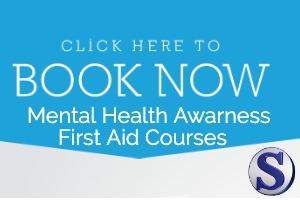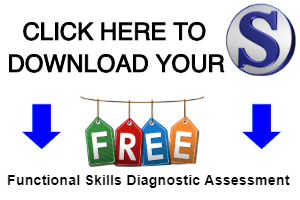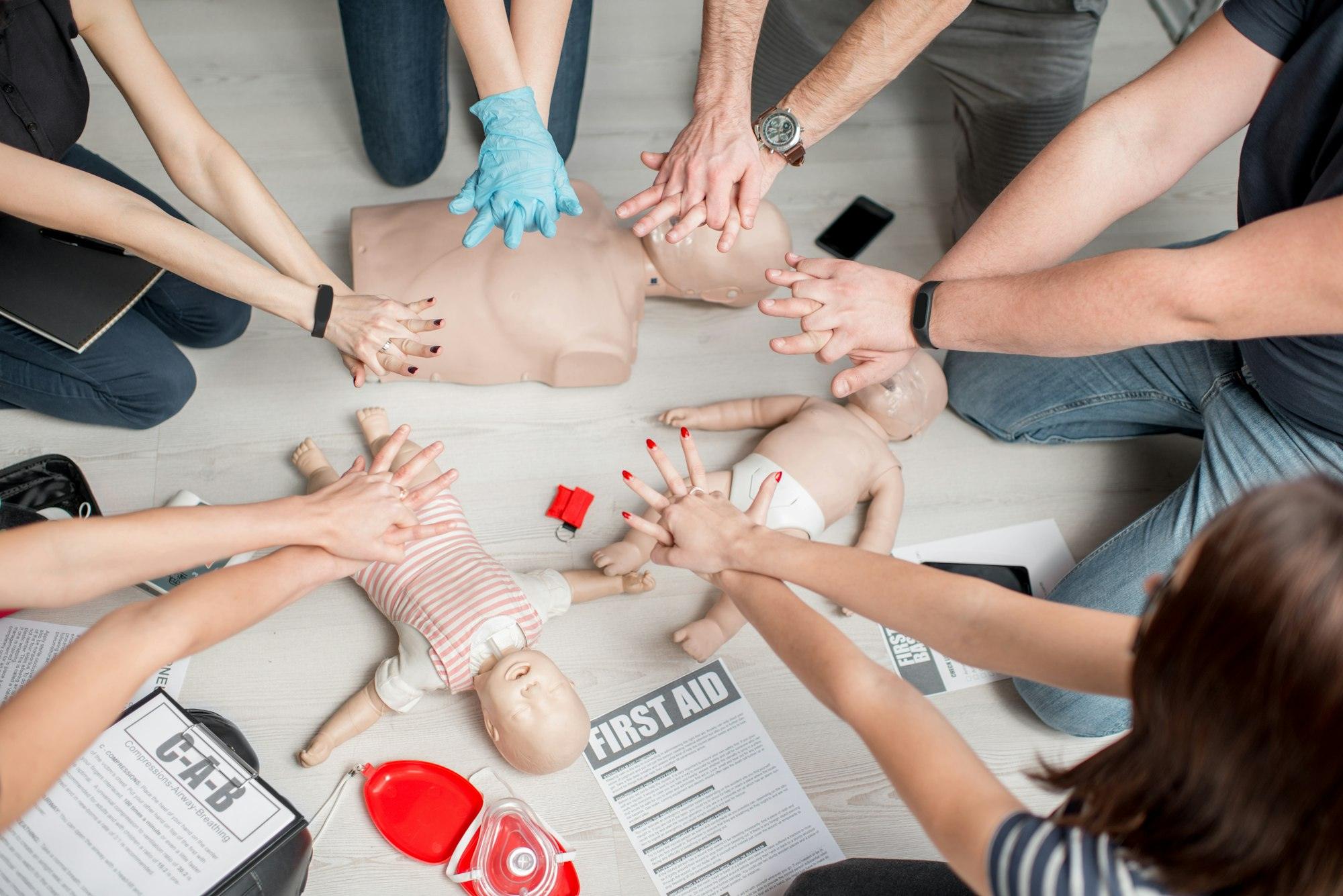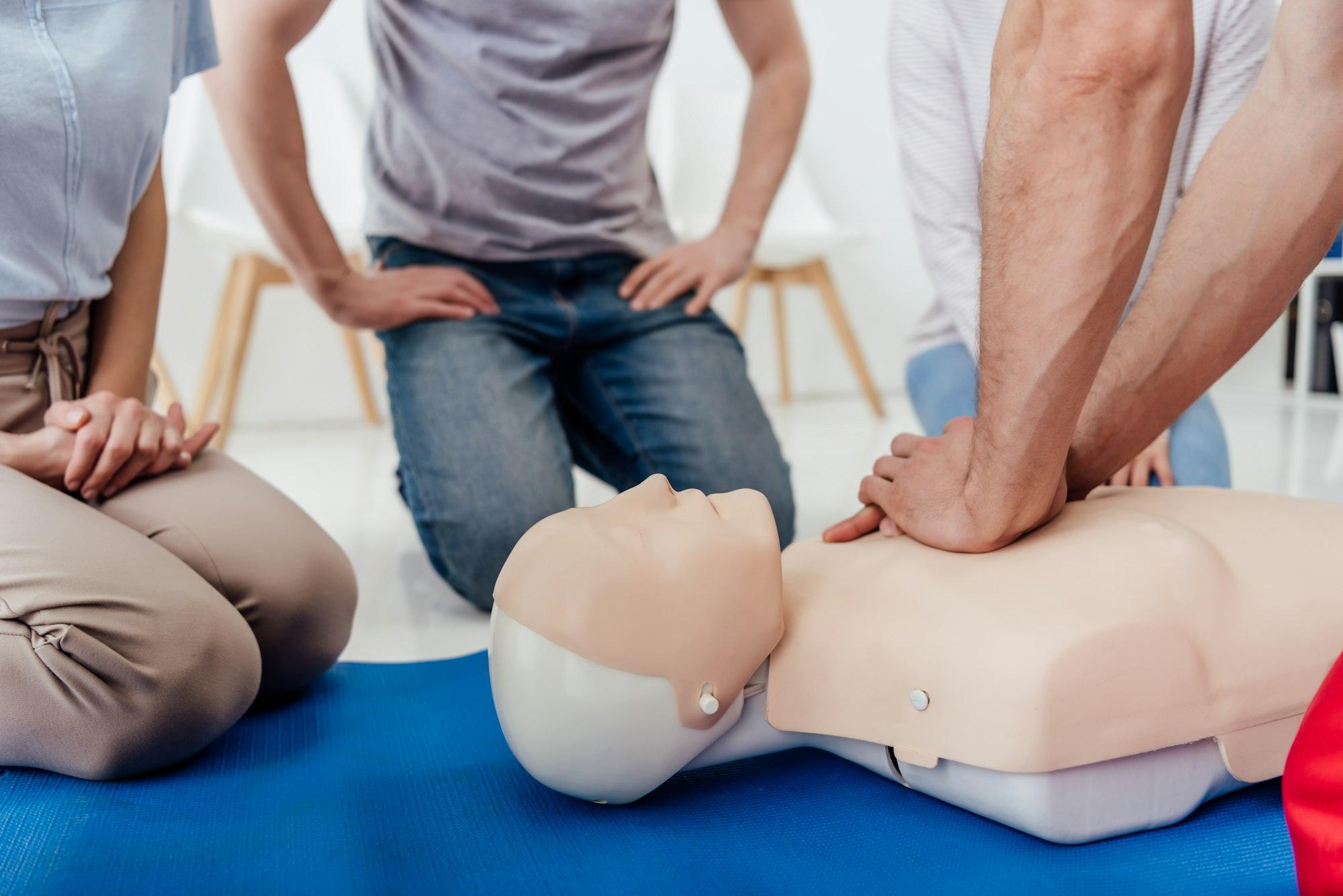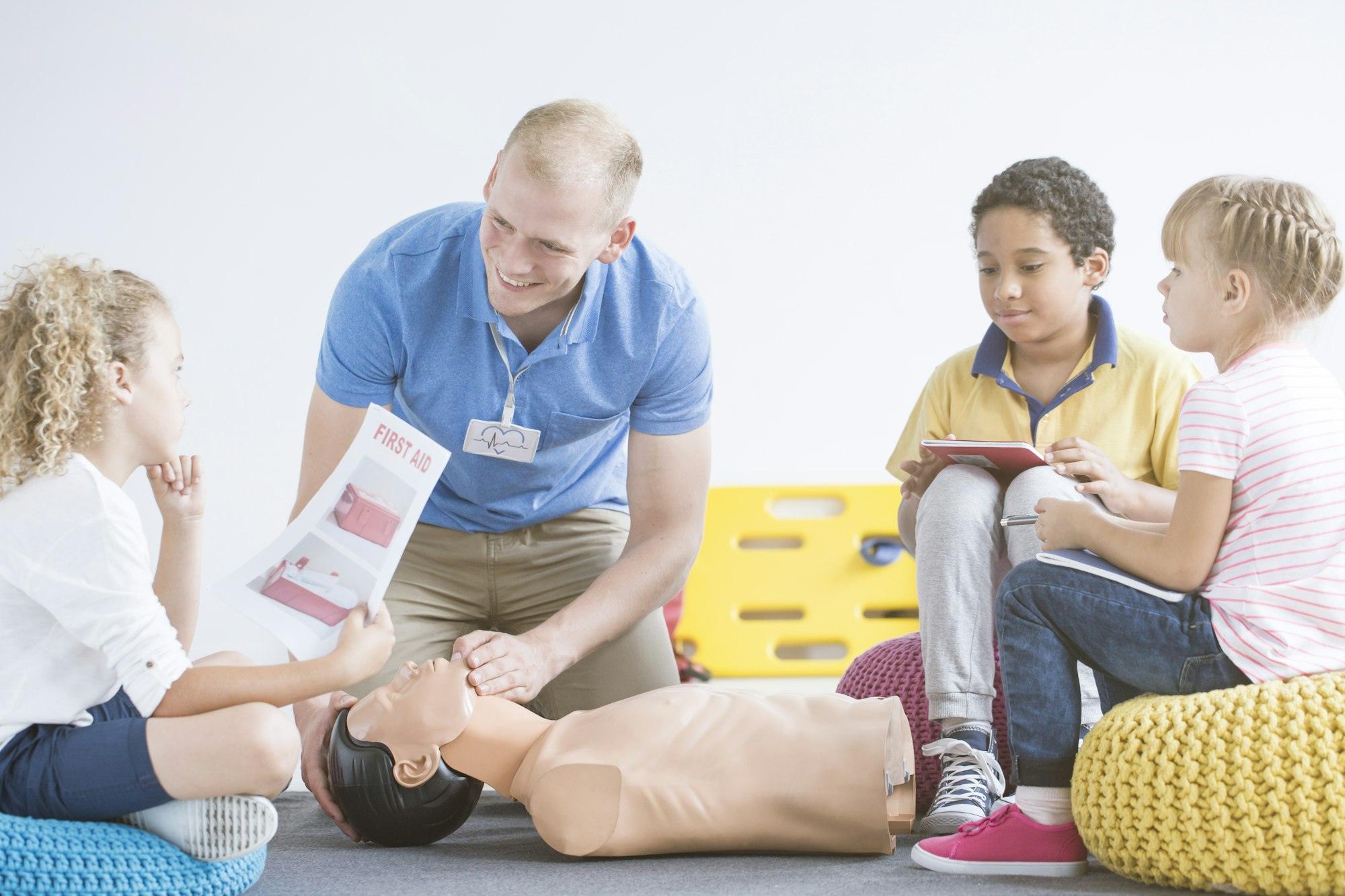Free 1st Aid Courses – Obsessive Compulsive Disorder (OCD) is a mental health illness where it affects the brain and behaviour. OCD can be the cause of severe anxiety as the person will have repetitive thoughts and behaviours which is out of their control.
It comprises both obsessions thoughts and compulsions behaviour, which can obstruct important activities that the person values.
How can an individual’s OCD affect others?
Family and friends can be hugely affected by people who suffer with OCD. This can be very confusing for all involved, as people may not understand the condition. This can put huge strain on the family relationship, which could cause feelings of anger and frustration, for example;
The person with OCD may want to involve or pressure friends or family members to help with their daily routine, for example, if an individual with OCD does not want to leave the house then a family member might have to do all their shopping. This can have huge strains on the family or friends as they will need to adjust their own daily routines
OCD can also affect personal relationship, such as marriage. It can have a huge disruptive pattern on the whole household and even cause financial issues if the person in not in a job. It can also have a major impact on their children as they won’t know what is happening to their loved ones 
What are the types of thoughts and behaviour associated with OCD?
Examples > Thoughts:
Fear of contamination, for example;
bodily fluids, such as urine or salvager, germs and disease and general dirty.
Fear of losing control including, self-harm, harming others, stealing or becoming aggressive.
Unwanted sexual thoughts, this could be sexual thoughts about others or aggressive sexual thoughts towards others.
Obsessive perfectionist, the person had to have everything correct and in order
Religious obsessions as in concerns about offending God or even the thoughts or radicalisation
Examples > Behaviour:
Washing and cleaning – this can constant of obsessive washing, cleaning and dressing in a certain way.
Free 1st Aid Courses In Mental Health
Checking
Always checking if they have not forgotten something or having the thought of something bad happening if they make a mistake. Checking if they have or have not done any harm to anyone
Repeating
Repeating things, such as re-writing words and doing daily activities over again, such putting a shirt on three times.
Mental compulsions
This could be a factor such as putting things in order and avoiding situations that might trigger the obsession. Mental compulsions can also include things such as replacing good thing with bad things, that they feel.
Other compulsions
This can be having things in an informal way and also placed in certain ways.
How can an individual with OCD can manage their illness?
There are a number of different ways for an individual with OCD to manage their condition.
These ways can be;
Self-help materials
This can be, finding their own self-help materials, such as reading books and visiting websites for information on their condition and how to reduce it.
Support groups
Self-help groups are a great way for the individual with OCD to meet other people with the same condition, It will be the perfect opportunity to discuss best practice with others on what they have gone through and discuss different coping strategies.
Physical exercise
With all mental health illnesses and with life in general, exercising plays a major part in people mental well-being. By doing regular exercise, which can be running, jogging, walking, biking swimming etc discharges hormones which help the mind and well-being. Exercise can also be a good distraction for the persons thoughts
Mindfulness
Some people with OCD may find doing mindfulness techniques a great way to manage their condition. This can be an ideal way to help with anxiety and keep a positive mindset. Things such as, yoga, listening to positive relaxing music, mediation and breathing sessions are some great ways to help
Future planning
The individual could put a plan together so in a crisis they are better prepared to deal with it. This can help their anxiety as they have a plan to follow if needed.
Free 1st Aid Courses
How can others help the individual with OCD to manage their illness?
It’s key for the individual suffering OCD to get the support from other to help them to manage their condition.
Others including friends and family can help the individual by understanding exactly how they are feeling, for example, accept that the person is suffering from an illness and understand it’s hard for them to cope with their illness.
Supporting them to self-help sessions, this may include driving them there if they have no other means of transport or sitting in the session with them.
Friends and family can get support from professional people. This will help find out about the condition and will show the individual with OCD that they know what they are going through. By getting support from professional people can also help learn to how to deal with and manage compulsions.
Friends and family can help the individual by just showing them they are there for them. This can include getting further advice and information for the person and support them sop they don’t feel isolated
What local resources and treatments are available to someone experiencing OCD
Support groups
What it offers:
Support groups offer people suffering with OCD the chance to get together. This is a great way for them to become lees isolated and chat with others suffering and share advice and experiences on how they cope and what different strategies they use to manage their illness, allowing them to also discuss their concerns. This can also give them opportunities to go to other sessions or treatment with each other
Relaxation classes or Mindfulness classes
What it offers:
These classes are designed to help the body and mind approach a more positive well-being and help change the way they think. This can help manage their stress and anxiety. The classes can encourage the person with OCD to look for further research that is available to help them manage their condition
Name of treatment:
Cognitive behavioural therapy
What this entails:
This is where a professional therapist will help the person with OCD to adjust to a healthier approach to the different ways of positive thinking.
Name of treatment:
Medication
What this entails:
Medication can be prescribed to control the balance of chemicals in the brain. The medication is a form of antidepressant called selective serotonin reuptake inhibitors
Free 1st Aid Courses
For further information on our OCD Mental Health or our Free 1st Aid Courses please contact us here or for our mental health done for you training package please see here

